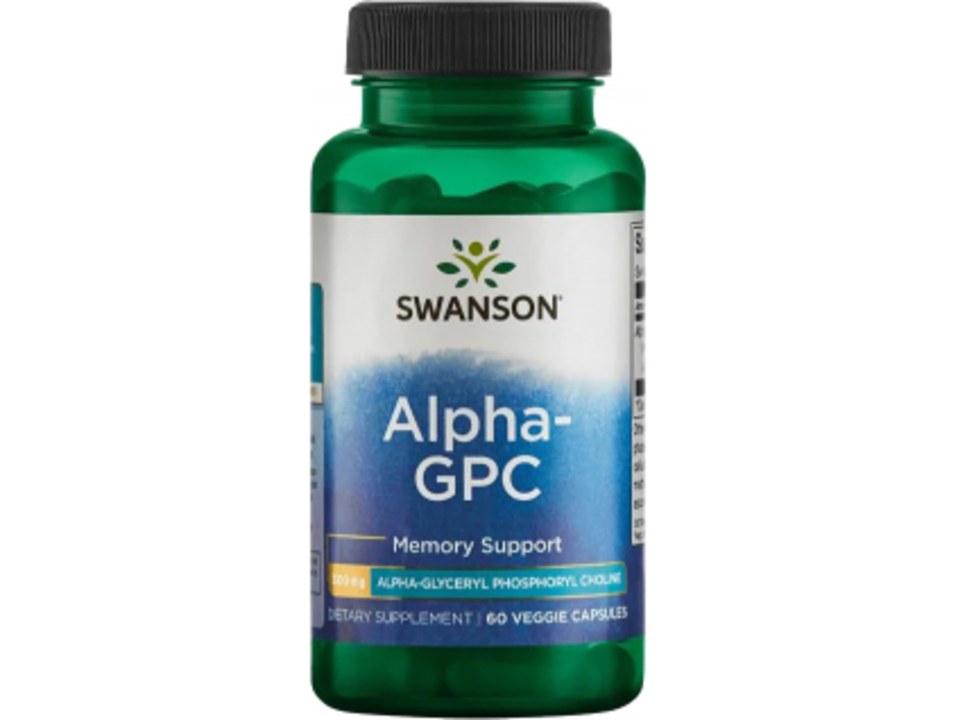Alpha‑GPC: Benefits, Dosage & Buying Guide
If you’ve ever Googled a supplement that promises sharper focus, you probably landed on alpha‑GPC. It’s a form of choline that your brain loves because it helps make acetylcholine – the messenger behind memory and attention. In plain words, more alpha‑GPC can mean clearer thinking, better recall, and even a tiny edge for workouts.
Why People Take Alpha‑GPC
Most users take it to boost cognition. Studies show that adding alpha‑GPC to your routine may improve short‑term memory and help you stay alert during long study sessions or heavy work days. Athletes also like it; the extra choline can support power output and recovery, especially in high‑intensity training.
Another perk is its potential to protect brain cells as you age. Some research links higher choline intake with slower cognitive decline, so adding a daily dose could be a simple preventive step.
How Much Should You Take?
Typical adult doses range from 300 mg to 600 mg per day. Beginners usually start at the lower end and see how they feel after a week or two. If you’re using it for sport performance, many stack 600 mg before workouts – but don’t exceed 1,200 mg unless a doctor advises otherwise.
Take it with food to avoid mild stomach upset. Splitting the dose (morning and afternoon) can keep acetylcholine levels steady throughout the day.
Side effects are rare, but some people report headaches or nausea at high doses. If that happens, drop back down a notch and give your body time to adjust.
Buying Alpha‑GPC Safely Online
The biggest worry is ending up with fake powder or contaminated capsules. Stick to reputable pharmacies or well‑known supplement stores that share batch numbers and lab results. Look for phrases like “third‑party tested” and check that the product lists pure alpha‑GPC without fillers.
Price can vary, but a good rule of thumb is not to chase the cheapest deal if the seller has no reviews. A 60‑day supply from a trusted source usually costs between $20 and $40 – anything far lower might be low quality.
When you order, use secure payment methods and keep an eye on shipping times. If a site promises next‑day delivery for a cheap product, that’s a red flag.Finally, read the label for expiration dates. Alpha‑GPC is stable, but old stock can lose potency.
Quick Tips to Get Started
- Start with 300 mg once daily, taken with breakfast.
- Monitor how you feel – note any changes in focus or mood.
- If you’re an athlete, try 600 mg 30 minutes before training.
- Buy from vendors that provide a COA (Certificate of Analysis).
- Store the bottle in a cool, dry place to keep it fresh.
Alpha‑GPC isn’t a magic pill, but when used right it can give your brain a solid boost. Pair it with good sleep, balanced meals and regular exercise for the best results. Ready to try? Grab a reputable brand, stick to the recommended dose, and see how much clearer your thoughts become.

Alpha-GPC: The Game-Changing Dietary Supplement for Mental Clarity and Memory Support
I recently came across a game-changing dietary supplement called Alpha-GPC that has incredible benefits for mental clarity and memory support. From what I've learned, it's a natural choline compound that helps in the production of acetylcholine, a crucial neurotransmitter for cognitive function. Not only does it improve memory and focus, but it also supports brain health and may even enhance athletic performance. I'm amazed at the potential benefits of this powerful supplement and look forward to incorporating it into my daily routine. If you're interested in boosting your cognitive abilities, Alpha-GPC is definitely worth looking into!




